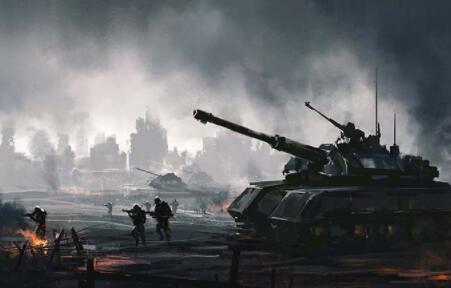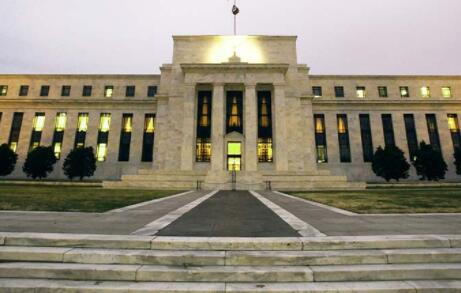The foreign exchange market is the largest financial market in the world for trading currencies. Millions of participants from all corners of the globe engage in foreign exchange transactions worth trillions.
To give you an idea of its ginormous scale, heres a fascinating stat for you →
|‘The global forex market had a daily trading volume of $7.5trillion in April 2022, up from $6.6 trillion in 2019.’ |
But its enormous size doesnt make it immune to global events. On the contrary, global events have the potential to spread chaos in the Forex market.
In some cases, it can immediately affect exchange rates and currency values as well. Keeping this potential for volatility in perspective, well be going over specific global events and see what impact it may carry on Forex trading.
Common Global events that affect the forex market
Certain global events have a more significant global effect than others. These include the following:
Political Instability

Political activities like an election can hugely impact a country’s currency.
Many forex traders also view elections as a factor in political instability. In most cases, market players track election polls to understand what to expect. This is because a change in government could mean a shift in citizens’ ideology.
If they change their views, it could mean a different approach to monetary and fiscal policy. Politicians who are passionate about economic growth can boost a currencys value.
For example, a “pro economy” leader who loses their position may lead to currency drops. This is caused by the fear of limited future economic growth gripping the speculative markets.
Another political activity is an unexpected election. This can happen through a vote of no confidence or corruption scandals.
Regardless, unplanned elections can wreck a nation’s currency. For instance, citizen protests and work strikes can lead to economic uncertainty. It doesn’t matter if a democratic one is replacing an autocratic government, Forex traders can’t risk uncertainty.
That said, the situation isn’t all bad. Once the government is in place, valuation factors will start working. This gives the currency a chance to settle and results in economic growth.
Natural disasters
The effects of a natural disaster can be horrible for a country‘s infrastructure and economy. The loss of life and damage to major factories can mean bad news for the nation’s currency.

Loss of basic infrastructure also reduces a region’s economic output. Furthermore, the government and the private sector would have to redirect funds. These resources are necessary for rebuilding and repair, which is money the country could have used for profitable economic ventures.
War
Unlike a currency war, physical wars can be more devastating to a country’s economy. Like a natural disaster, the effects of war are brutal and widespread. Also, war damage to infrastructure destroys a nation’s economic viability, and this ends up costing citizens and governments billions of dollars.

During war, there’s a lot of uncertainty about the economic future of affected nations, and this causes such countries to experience a high level of currency volatility. But, some economists believe that war has an economic upside and can launch a fledgling economy.
This can happen if the country‘s manufacturing sector focuses on wartime production. For example, the United States’ entry into the Second World War pulled it out of the Great Depression. But, the reality is that an exchange of human life for economic growth is unreasonable.
Central bank policy

Monetary policy is an all-purpose approach to regulating a nation’s money supply. A country’s central bank can directly impact its currency through open market operations and interest rate adjustments.
Examples of top global central banks include the United States Federal Reserve (Fed), the Bank of England (BoE), and the Bank of Japan (BoJ).
A currency will perform better if there’s a sudden interest rate increase. For example, recently, the Fed raised the interest rate which directly resulted in the appreciation of the US Dollar on a global scale.
On the other hand, a currency can also weaken following an interest rate cut.
Inflation rate
Inflation measures the increase in producer and consumer prices. Central banks attempt to manage inflation by raising interest rates, which can limit the impact of devaluation on the nation’s currency. The metrics for inflation are the Consumer Price Index (CPI) and Producer Price Index (PPI).
Inflation is one of the critical areas of focus for central banks. This means high-than-expected inflation can cause central banks to raise interest rates, which would strengthen the underlying currency.
